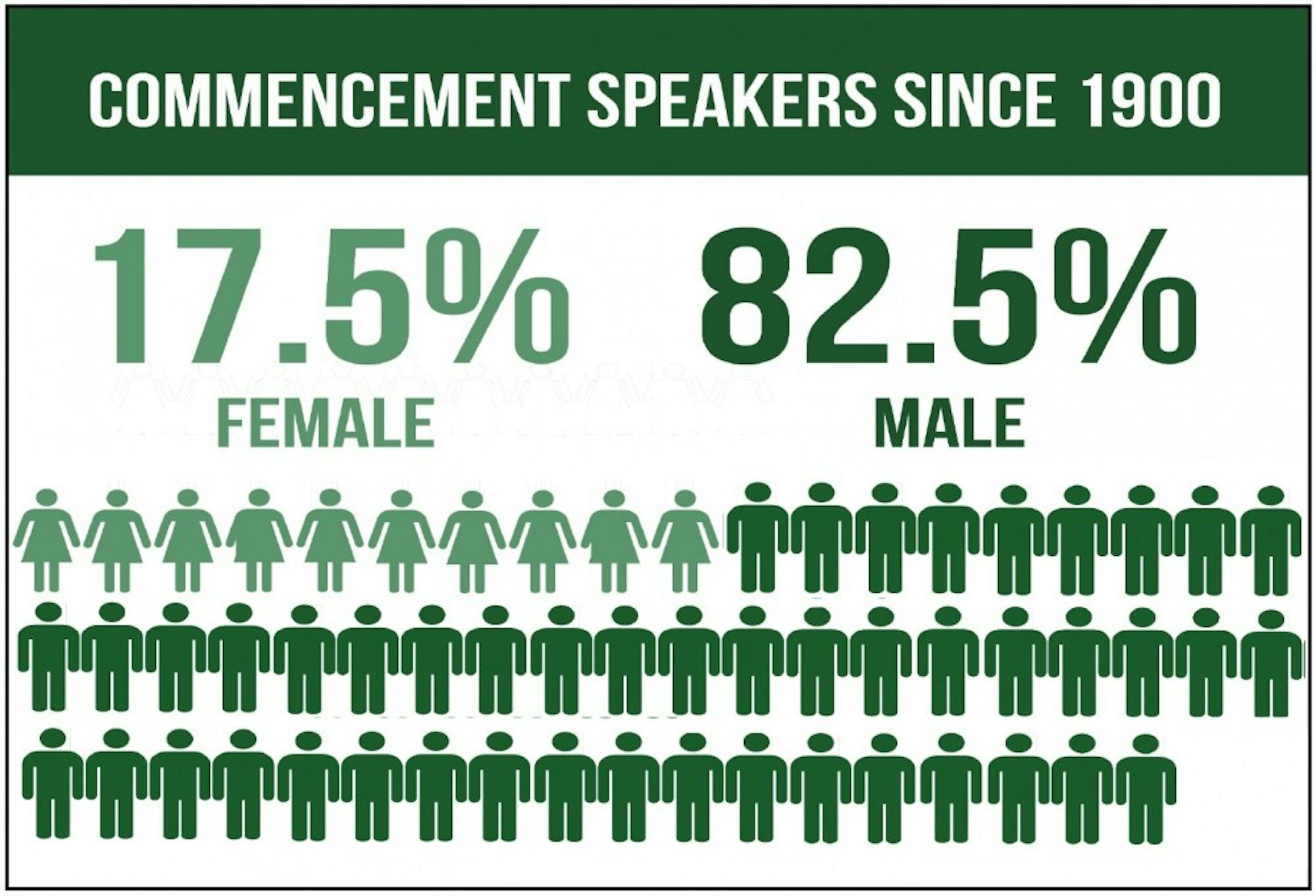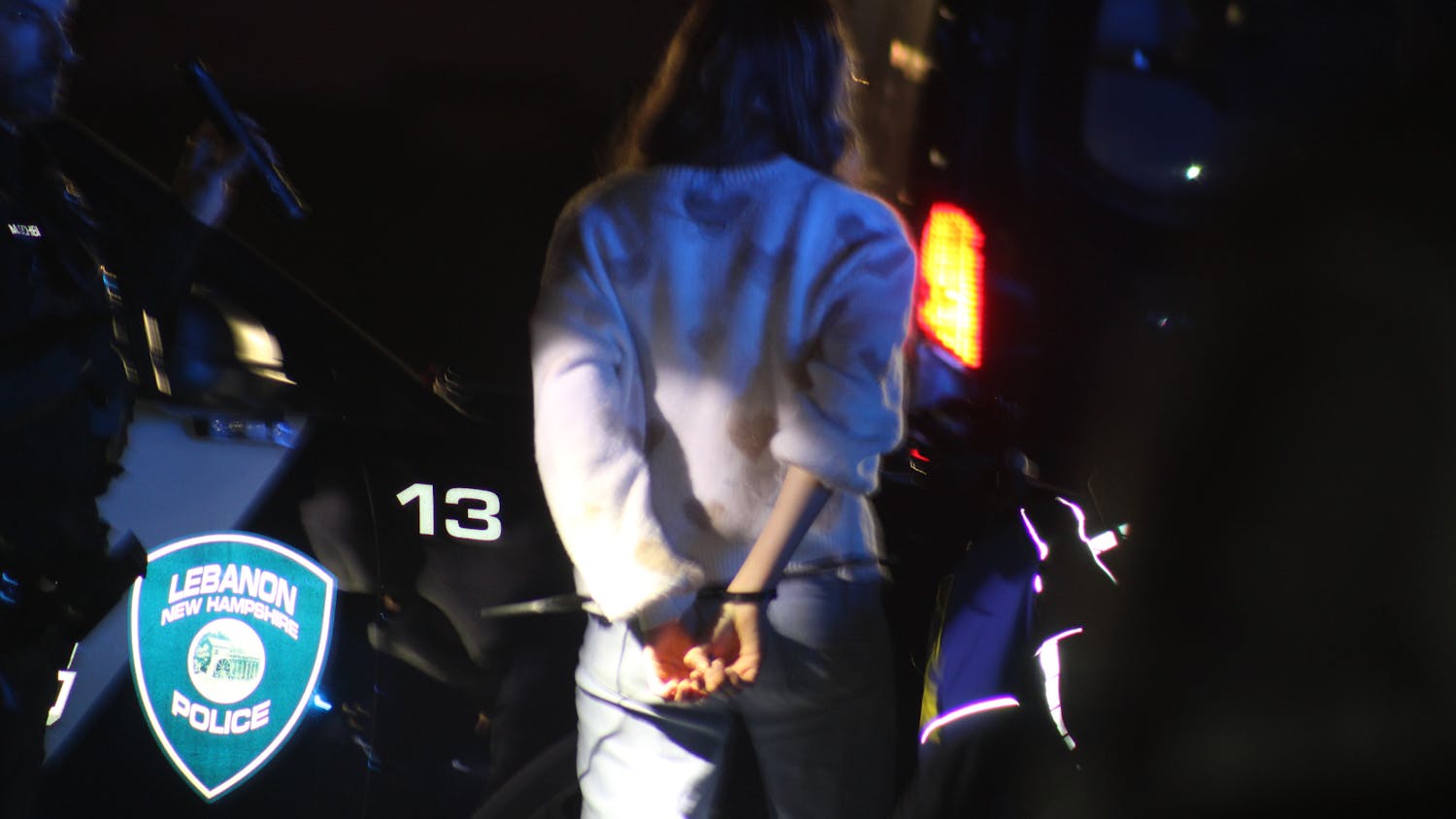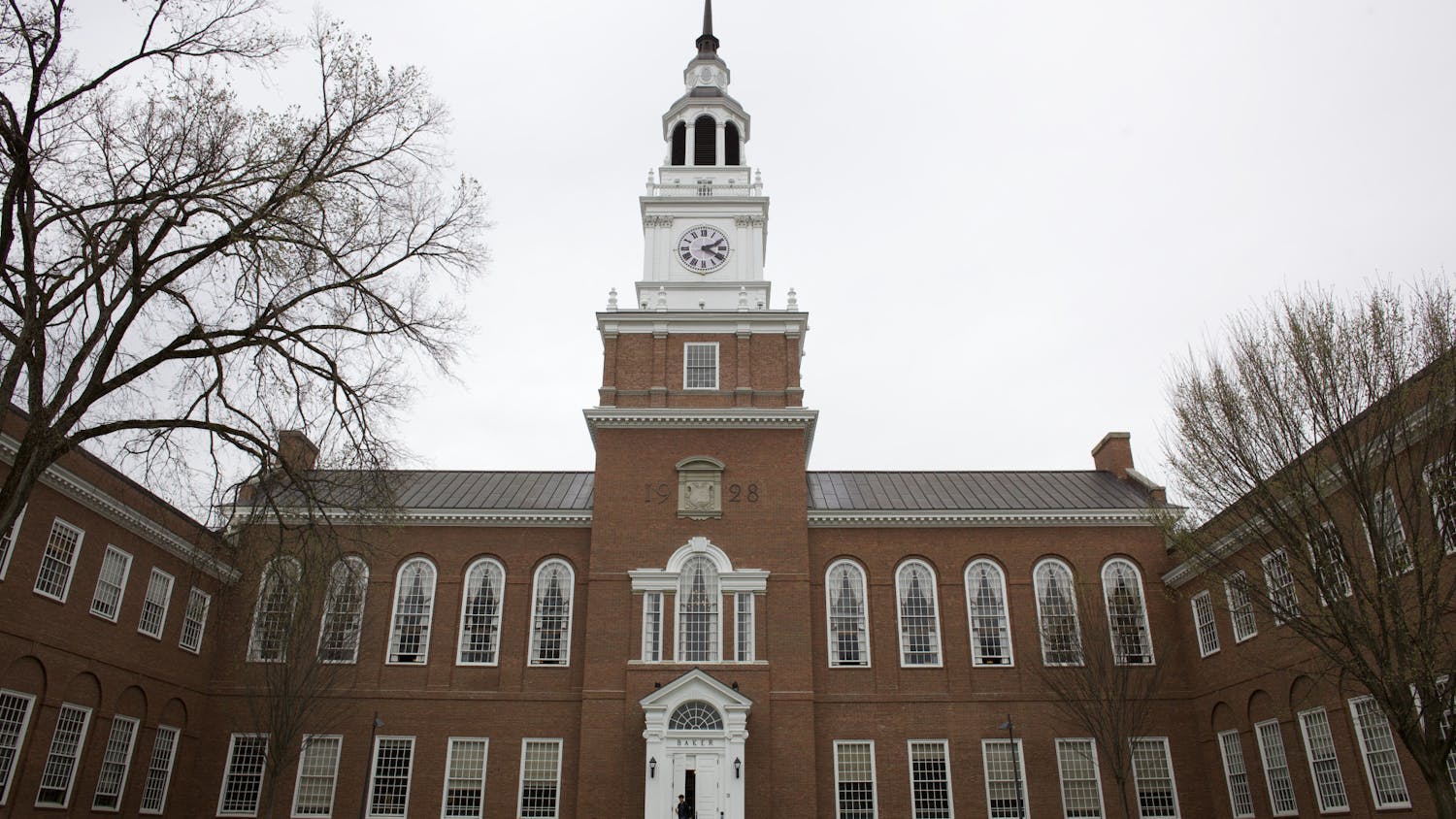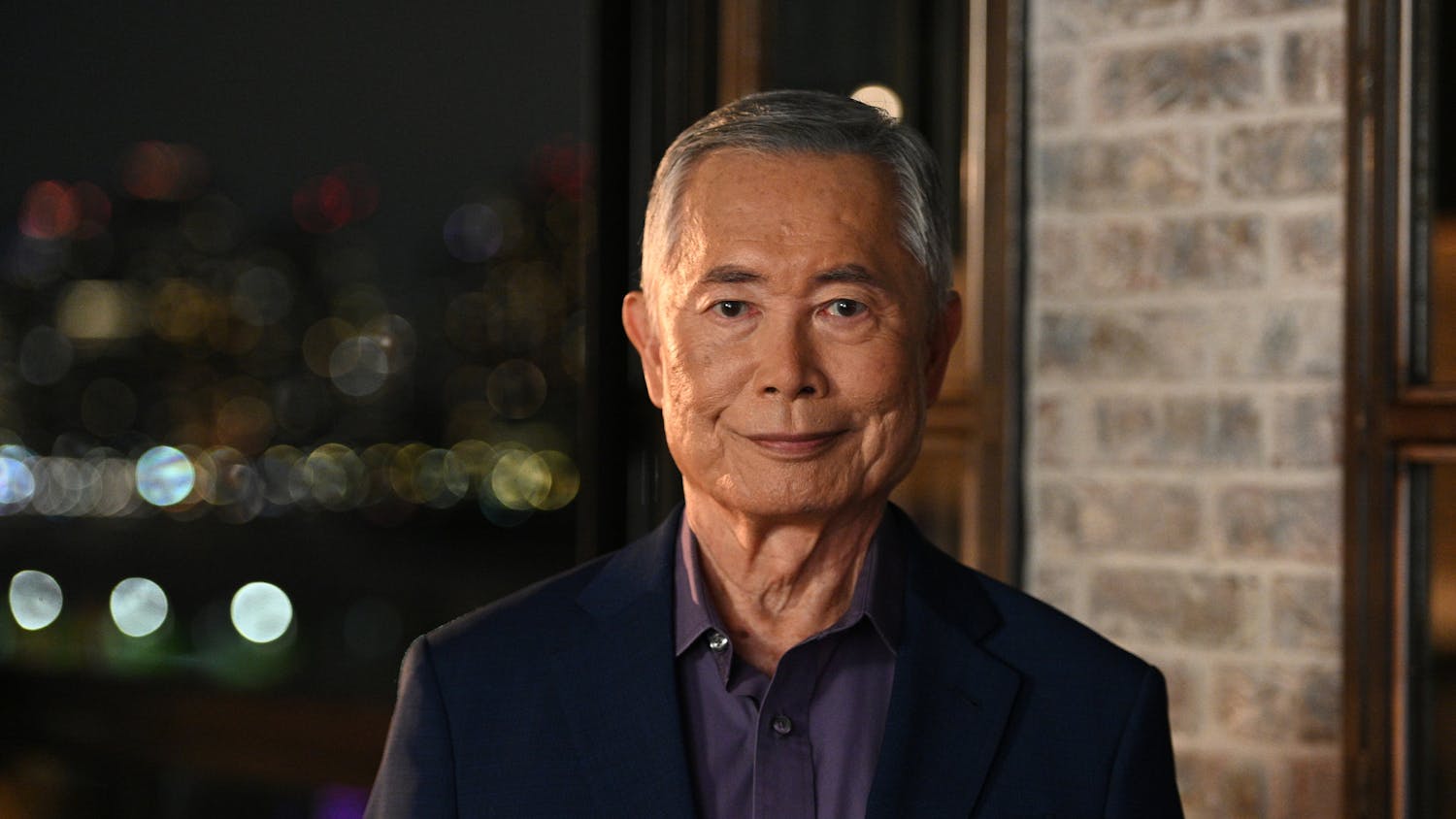Only 10 female commencement speakers have addressed a graduating class from behind the Lone Pine podium since the start of the 20th century, accounting for just 17.5 percent of the College’s recorded commencement speakers over that time span.
While trends have begun to shift since the beginning of coeducation in 1972, the College maintains a historically low record of inviting female speakers to commencement, according to information compiled by archival specialists at Rauner Special Collections Library. Although the record of all commencement speakers at the College remains incomplete — and it is difficult in some cases to determine the demographic and biographical details of speakers — it appears that under 5.5 percent of all recorded Dartmouth commencement speakers have been female. Between 1900 and 1942, no outside speaker addressed Dartmouth’s graduates.
Although it is possible to trace recorded speakers back to 1795, many were simply invited to campus by student groups, unlike the modern practice of selecting a single speaker. The College graduated its first class in 1771.
Professor of Spanish, women and gender studies and comparative literature Annabel Martin said in an email that, while the lack of historical diversity is disappointing, speakers should be chosen based on out-of-the-box thinking and efforts to promote social justice rather than a “‘check-box’ method of identity.”
Twenty-five students interviewed about the historical lack of female speakers expressed a wide range of opinions. Many noted that they were not overly concerned with the demographic composition of commencement speakers, but rather with the quality of the speaker’s commentary and their accomplishments in the professional world.
Other students said the history of commencement speakers is an example of the College’s inability to address its own internal biases.
Previous speakers at the College have included Robert Frost, who enrolled with the Class of 1896, former President Bill Clinton, physicist Shirley Ann Jackson and Nobel Laureate Oscar Arias Sanchez.
Allison Puglisi ’15, co-president of the Women of Color Collective, said she was taken aback by the statistics.
“When you’re sending a diverse graduating class into the world with a speaker and that person is always a white male, that’s a problem,” Puglisi said. “What does that say to graduates about success?”
At Dartmouth, responsibility for selecting each year’s commencement speaker falls to the Council on Honorary Degrees, a committee under the auspices of the President’s Office that is composed of three undergraduate professors and three graduate professors.
The committee solicits nominations from the Dartmouth community and recommends a list of speakers to the President, who in turn presents a list of nominees to the Board of Trustees for final approval.
Only one student, the senior class president, is invited to attend Council meetings. He or she serves in an advisory capacity.
“I did feel that I had a say in the process,” senior class president Chisom Obi-Okoye ’14 said in an email. “But that doesn’t mean that I selected the speaker. It’s a process that involves more people than were in that room.”
Obi-Okoye said that while students are often inclined to request speakers with high name recognition or popularity, faculty members had a clear focus on whether the speaker’s work was worthy of an honorary degree. Dartmouth has yet to announce its commencement speaker for the Class of 2014.
“While popularity would be nice, it’s more important that the speaker be someone who engages with their work in a really critical way,” Obi-Okoye said.
Dartmouth is not the only Ivy League university with historically few female perspectives at commencement ceremonies. Only 8 percent of recorded speakers at the University of Pennsylvania have been women, according to a recent report by the Daily Pennsylvanian, and Harvard University has welcomed only eight female commencement speakers to Cambridge since 1831, two fewer than Dartmouth.
So far this year, no Ivy League institution has announced a female commencement speaker from outside its own faculty or student body.
Past female commencement speakers at Dartmouth have included Ellen Johnson-Sirleaf, President of Liberia, Doris Kearns Goodwin, famed historian and biographer, and Jill Ker Conway, former president of Smith College. In her speech to the Class of 1990, Conway urged graduating seniors to find the line of work that truly motivated them and avoid the temptation to “rush to Wall Street,” while Johnson-Sirleaf asked graduates in the Class of 2008 to become “agents of change.”
Rauner archives supervisor Barbara Krieger said in an email that inviting a “single, special” commencement speaker only became common practice at Dartmouth after World War II.
“It appears to be more of a 20th century practice,” she said.
The first woman to speak at a Dartmouth commencement after World War II was New York City Opera director Beverly Sills, who addressed the Class of 1985. Sills said she had agreed to speak at the College based on her personal friendship with several graduates.
During the early years of College history, student speeches played a more dominant role in ceremonies than they do now, said College history expert and former professor Jere Daniell.
“Who speaks at commencement has changed immensely over time,” Daniell said. “There was a period in the 1830s during which all seniors spoke. It drove everyone nuts.”
Information on commencement speakers at the College has primarily been compiled from programs distributed at the ceremonies themselves and from a manuscript notebook that documents commencement exercises from 1771 to 1837, Krieger said. A list of all commencement speakers at the College remains incomplete.




